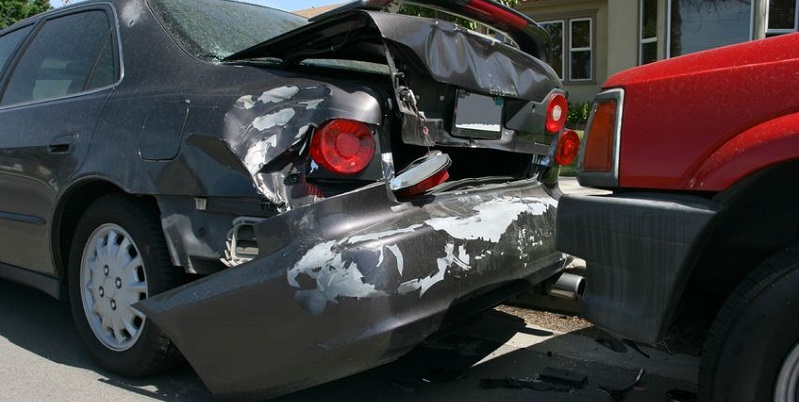Any frequent driver of your car should be listed on your policy, although doing so may affect your premium. Here are some possible scenarios for when someone else gets into an auto accident in Colorado while driving your vehicle.
Colorado Auto Coverage Follows the Car, Not the Driver
In most states, including Colorado, when you lend someone your car, you’re also letting them borrow your car insurance. If they get into a car accident, you’ll be the one to pay, and if a claim is filed, your insurance rate will likely be the one to go up.
A Colorado auto insurance policy typically covers all the drivers in your household, including your spouse, children, roommates, or relatives who have permission to use your car. Car insurance generally follows the car, not the driver, so when you lend a friend your car, your insurance will generally cover them as a permissive user unless your policy excludes them from coverage or you do not have a collision or liability insurance policy.
Primary and Secondary Coverage
When you let someone drive your car and they get into an auto accident, your insurance is usually considered primary, while your friend’s insurance carrier provides secondary coverage, meaning it will kick in once your policy limits are used up.
The circumstances surrounding an accident will ultimately determine coverage. Here are some common scenarios:
When you give a friend permission to borrow your car and an accident occurs, the damages will usually be covered by your automobile policy. If your friend caused the accident, a claim with your insurer will need to be filed (which could lead to a rate increase for you) and either you or your friend (or both) will be responsible for the deductible so that you can get your car repaired. If your friend was not at fault for the collision, you will have to file a claim for damages with the at-fault party’s insurance company.
If you did not give permission for someone to borrow your car but they did, that person’s insurance company would provide primary coverage and your car insurance would be secondary in the event of an accident. But if that person is uninsured, you will likely be held responsible unless you can provide some kind of definitive proof that the person did not have permission to drive your vehicle.
If your vehicle was stolen, you will generally not be held responsible for the damage incurred by other vehicles and property in the event of an auto accident. However, you might have to report the accident to your insurance company so that you can get compensation for the damage to your vehicle.
Listing Regular Drivers
Colorado insurers are permitted to reduce coverage limits for anyone not specifically listed on your policy, meaning that even if you have insurance with higher liability limits, coverage could be lowered to the state’s auto insurance minimums ($25,000 per person/$50,000 per accident in Colorado) if an unlisted driver causes an accident.
For this reason, any frequent driver of your car — a roommate or close friend, for example — should be listed on your policy, although doing so may affect your premium. While listing a younger person or someone with a poor driving record on your policy could cause your vehicle insurance rate to increase, adding someone with a stellar driving record could actually cause your rate to drop.
Named Driver Exclusions
While some states don’t allow driver exclusions, Colorado law permits the exclusion of specific drivers from coverage under an automobile policy due to claim experience or a poor driving record. If a named driver exclusion is added to a policy, the insured is not liable for damages, losses, or claims caused by the operation of the vehicle by the excluded driver. However, driver exclusions must not limit statutorily mandated coverage.

